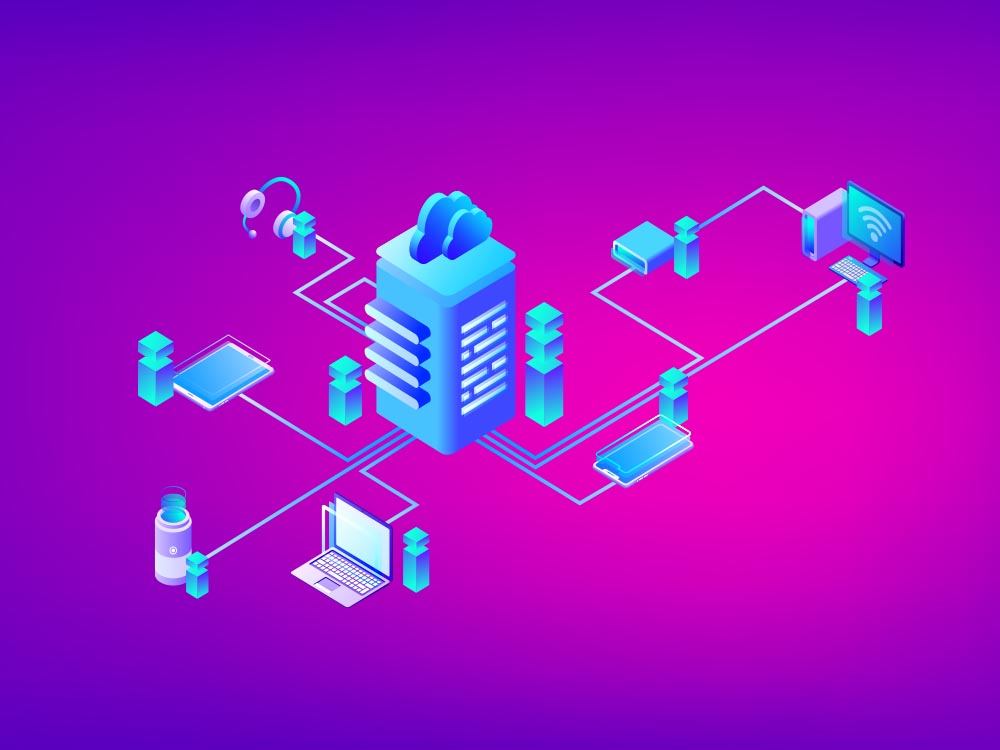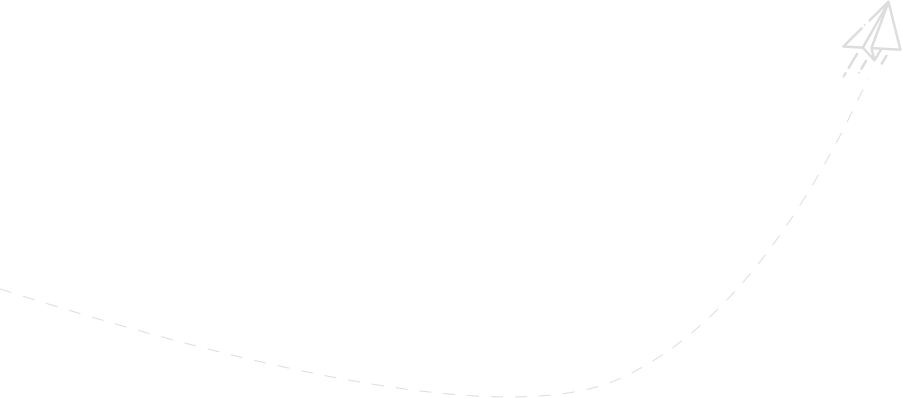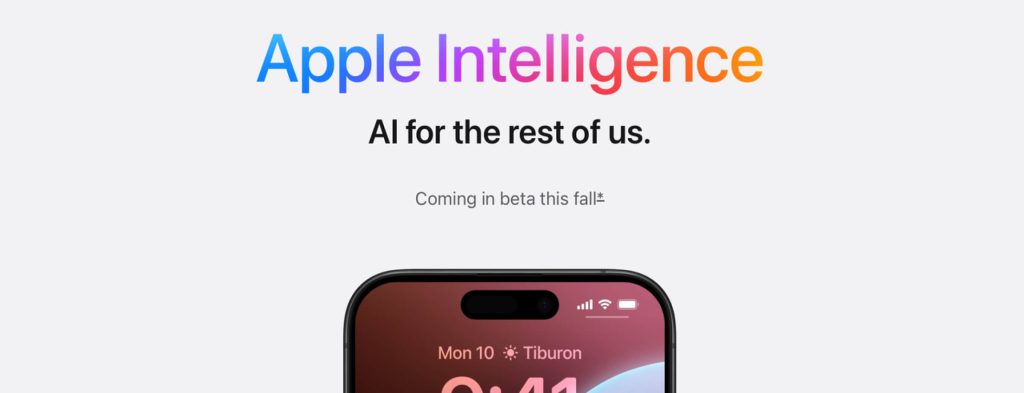Since time immemorial, science and technology have kept on evolving. The result of this is that mankind has come up with better solutions to their problems. The last few years have been no different in scientific history and Artificial Intelligence, the Internet of Things, Blockchain, and Big Data has changed the way we perceive the world. Now out of all these, let us throw some light on the two technologies whose convergence is the talk of the town today.
Talking of IoT, we see a lot of successful implementation of this. From smart homes to agriculture, healthcare to teaching, there are not many sectors that have been unaffected by this. With security and privacy being some of the major concerns here, the technology reached a certain amount of stagnation a few years ago. Since then, no significant developments have been reported.
On the other hand, Blockchain has the potential to revolutionize digital business at large. Experimentation has resulted in positive results. But the fact remains that in most cases it is yet to be tested on real projects. This puts potential investors on a dilemma of whether there will be a proper return on investment or not if they opt for this technology.
Thus, it will be fair on our part to say that although both these technologies are successful in themselves, there is a lot more to be done in each of them. Experts predict that bringing together the Internet of Things and Blockchain will open the doors to a future of infinite potential. In the course of the article, we will talk about the significance and benefits of this convergence.
Significance & Benefits for Integrating IoT with Blockchain
Security
At the global level, security is one of the major challenges in the path of IoT implementation. The recent news about Amazon collecting user data by Alexa listening to all of one’s conversations is still fresh in our memory. Hackers have succeeded in disabling cars remotely. Malicious people have tried to control implanted cardiac devices and succeeded at it. Now in such a scenario, IoT could use some bit of assistance from Blockchain (with its robust encryption standards). This will bring in a strong layer of security in the IoT, and hackers will find it difficult to penetrate through it. The process of passing through the security layer will become such time consuming, that it will be very easy for the authorities to catch them.
Privacy
The key feature of Blockchain is its high standards of data encryption. The use of a two-stage cryptographic key ensures that we have a verifiable place to store the data. The fact that data cannot be accessed with either the public or the private key and would require one to have both, is one of the most significant advantages of switching to the Blockchain. With this being introduced to IoT, the smart devices will now be able to record transactions between them in a fashion such that there is no possible way to collect sensitive information and manipulate it. Moreover, for any Blockchain, the data that enters the chain cannot be modified in any way. This makes it impossible for anyone to compromise the security of the IoT device in question.
No centralized data warehouse required
As it is evident by now, the encryption standards in Blockchain are very high, and we can say that the records will be stored in a tamper-proof form. Thus when the history of all smart devices is encrypted into such a fashion, there is no need for a centralized authority to store all the data. With this, a higher amount of trust is established over usage in a conventional IoT network. The advantage of using a Blockchain is that the number of finances that is required in the maintenance of a centralized warehouse can be done away completely, and as a result, both the parties involved will stand at a benefit. The physical locations can also be done away with, which will be a major advantage if we look at the larger scheme of things.
Smart Contracts
The basic concept of smart contracts is that the high encryption standards of Blockchainswill be utilized to create agreements. The encoded logic here will ensure that the contract is executed only when certain pre-specified conditions are met. The terms and conditions will be decided upon mutually by the two parties in question. A non-repudiable and secure audit chain is established for this purpose. Not only will this concept of Blockchain in IoT be a game-changer in the world of IoT, but it will also revolutionize how business dealings take place. This will foster better information exchange among those involved in a cross-organizational business process.
Industry management
This collaboration of the technologies has infinite potential in the industrial and manufacturing world. Let us take the simple example of an oil industry here. Any data in this industry is highly critical, and its misuse (by hacking or any other means) may pose a threat to top national security. With Blockchain, the security of data can be ensured, and smart devices can be introduced. Now, the communication between the devices will allow the plant to automatically adjust its working based on the weather information that is obtained from its sensors. Thus a conventional IoT network can be improvised by getting Blockchain into the picture. This will improve the overall productivity of the oil industries and would mean more money for the owners. It is just a small example, and every industry will find its applications of the same.
Supply chain management
To understand this, let us again take another example. The entire process of getting food from the farmers to the shelves of supermarkets is brought under the realms of this technological collaboration. So, as the food goes from the farmers to suppliers and then to retailers through the processors and distributors, they are represented as nodes in the Blockchain. Now with IoT based sensors, the state of the food at each step is monitored. If any unwanted pesticide, insecticide or coloring agent is added anywhere in the chain, the same can be immediately identified, and appropriate action can be taken to ensure that the food does not reach the customer. Under the conventional system, it would take about a week to identify the exact point in the supply chain where the contaminant comes into the picture. With this technological collaboration of Blockchain and the Internet of Things, the same will be brought down to a mere 2.2 seconds.
Conclusion
Considering all the above points, we can say that with the use of Blockchain in IoT, a major reduction in costs can be anticipated. With better data security and privacy promised, the decentralization will be a boon in the world of technology. Although the convergence of IoT and Blockchain technologies is still in its nascent stage, we can confidently expect a positive result out of it. It looks like IoT will finally be out of its stagnation and Blockchain will find its way beyond the labs and empower human lives. It isn’t too futuristic for us to say that the convergence of Blockchain and the Internet of Things is one of the most promising things in the coming years.
Looking for assistance in integrating Blockchain with IoT, get a free expert consultation now.






